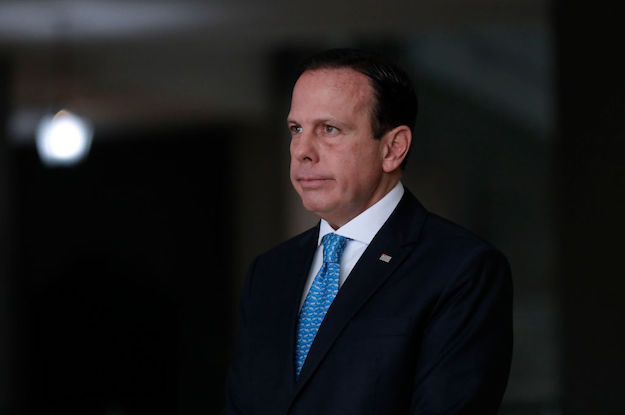BY OLIVER STUENKEL | MAY 21, 2020
COVID-19 is putting pressure on Jair Bolsonaro. But calls for a united opposition ignore political realities.
https://www.americasquarterly.org/article/brazils-opposition-is-still-divided-heres-why/
SÃO PAULO – Brazil’s Jair Bolsonaro is facing the most trying period of his presidency, with falling approval numbers and a fumbled response to COVID-19 mounting pressure on his government. But deeply entrenched animosities within the opposition, and tactical considerations ahead of presidential elections in 2022, make a united political front against him unlikely, for now.
Established opposition parties’ unwillingness to unite around a single centrist candidate in 2018 contributed to Bolsonaro’s election. But a year and a half into his turbulent presidency, it seems that the parties have not learned much from their mistakes. Despite the fact that three out of five Brazilians think the president is mishandling the pandemic – and amid a growing sense that the country is rudderless as a massive economic crisis approaches – there is little to suggest that a “broad democratic front” that unites ideologically disparate parties is at hand.
To be sure, calls for such a show of unity have relied on some recent signs of cooperation within the democratic camp. All of Brazil’s living former foreign relations ministers, for example, recently published an op-ed in several of Brazil’s major newspapers to denounce what they called the “shameful subservience (to the United States) and irrationality” of Bolsonaro’s foreign policy. Last year, all the former environmental ministers published a similar manifesto against the president, followed by matching initiatives by ministers of education and justice. In every case, the ministers in question..
Read complete article here









